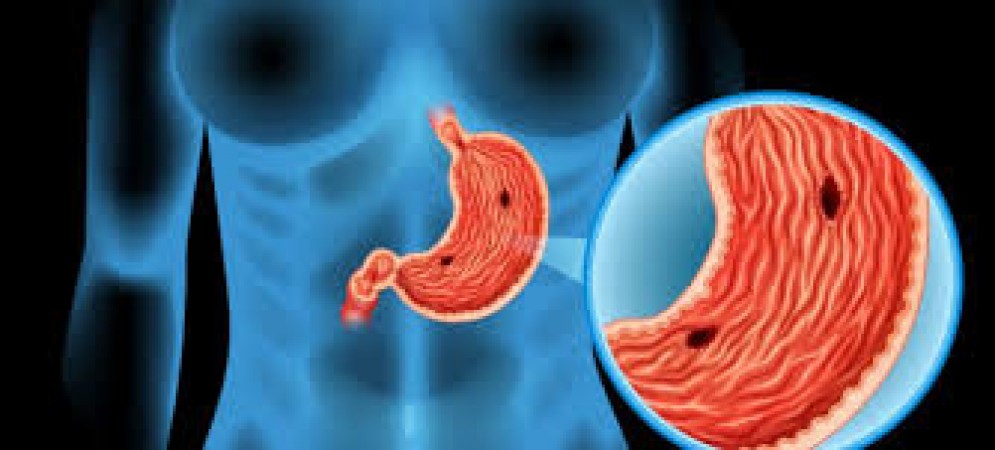
Have you recently been experiencing persistent stomach troubles that just won't seem to go away? While stomach issues can often be attributed to various causes, it's crucial not to dismiss certain symptoms, as they could potentially signal an underlying health concern, including cancer. In this article, we'll delve into the warning signs that you should pay attention to and discuss preventive measures that can help safeguard your stomach health.
Unintended weight loss could be indicative of a serious underlying condition, such as stomach cancer. If you've been shedding pounds without making any deliberate changes to your diet or lifestyle, it's essential to consult a healthcare professional.
Frequent or constant abdominal pain that doesn't seem to alleviate with over-the-counter medications should raise concern. While it might not always be cancer, it's important to rule out any serious issues, especially if the pain is becoming more intense or is accompanied by other symptoms.
Known as dysphagia, difficulty swallowing can occur due to a range of factors, one of which is esophageal or stomach cancer. If you find it increasingly hard to swallow, particularly solid foods, it's time to seek medical advice.
While stomach issues can affect anyone, certain cancers are more prevalent among specific age groups and genders. Stomach cancer, for example, is more commonly diagnosed in older individuals and tends to affect men more than women.
A family history of stomach or other digestive cancers might elevate your risk. Genetic predisposition plays a significant role in various cancers, including those related to the digestive system.
Helicobacter pylori, a type of bacteria, has been linked to the development of stomach ulcers and an increased risk of stomach cancer. If you've been diagnosed with this infection in the past, it's important to have regular check-ups and adhere to prescribed treatments.
Maintaining a balanced diet rich in fruits, vegetables, whole grains, and lean proteins can contribute to a healthy stomach. Avoid excessive consumption of processed foods, sugary snacks, and high-fat meals.
Engaging in regular physical activity not only aids in weight management but also promotes overall digestive health. Aim for at least 30 minutes of exercise most days of the week.
Smoking and excessive alcohol consumption have been linked to an increased risk of stomach cancer. Quitting smoking and moderating alcohol intake can significantly benefit your stomach's well-being.
If diagnosed with stomach cancer, treatment options will depend on various factors, including the stage of cancer. Surgical removal of the tumor, chemotherapy, radiation therapy, and targeted drug therapies are among the possible approaches.
A registered dietitian can help create a customized meal plan that supports your treatment journey. Soft and easily digestible foods may be recommended after surgery, while specific nutrients can be prioritized to aid in recovery.
Coping with a cancer diagnosis can be emotionally challenging. Seek support from friends, family, support groups, or therapists to help you navigate this difficult time.
Your stomach health plays a crucial role in your overall well-being. While stomach issues can stem from various causes, being attentive to persistent or worsening symptoms is essential. Remember, not every symptom indicates cancer, but it's always better to be cautious and consult a healthcare professional to ensure your peace of mind and timely intervention if needed.
Incorporating a wholesome diet, staying physically active, and avoiding harmful habits can go a long way in safeguarding your stomach health. If faced with a cancer diagnosis, remember that there are effective treatment options available, coupled with dietary guidance to support your recovery journey. Your health is in your hands, so prioritize it!
Prime Minister Narendra Modi Calls for Global Ethical AI Framework at B20 Summit
How Meat Alternatives For Dogs Could Be Replaced By Insect-Based Foods?